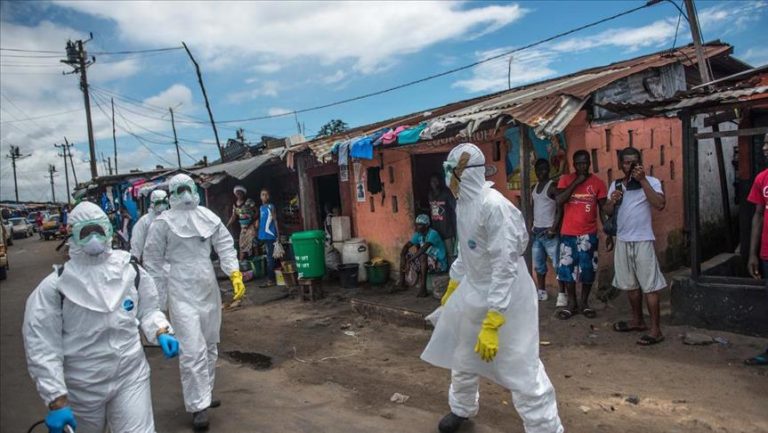A new joint study by the Africa Centres for Disease Control and Prevention (Africa CDC) and the UK Public Health Rapid Support Team (UK-PHRST) has confirmed the crucial role international health teams play in strengthening outbreak responses across the African continent.
The study, released on Saturday, found that international deployments have significantly enhanced public health emergency responses across African Union (AU) Member States.
However, it warned that continued reliance on international surge capacity is not sustainable. The report advocates for more locally led, tailored support systems to ensure long-term resilience and preparedness.
Covering health emergencies from 2020 to 2023, the study assessed the impact of international health team deployments across key public health areas such as surveillance, laboratory systems, epidemiology, infection prevention and control, and risk communication.
It revealed that nearly half of the deployments provided support across multiple response areas simultaneously—underscoring the flexibility and broad value of international collaboration during emergencies.
The Programme Lead for Africa CDC’s African Volunteers Health Corps (AVoHC), Dr. Radjabu Bigirimana said the deployments brought critical expertise, equipment, and rapid-response capacity at pivotal moments during public health crises.
“While these teams have been indispensable, the study also raises essential questions about sustainability and how best to reinforce national preparedness systems,” Bigirimana noted.
The report highlighted that, beyond immediate emergency response, international teams contributed to long-term capacity building through equipment provision, protocol development, training, and coordination support.
The Director of the UK-PHRST, Dr. Edmund Newman stressed the need to move from reactive responses toward more proactive and system-strengthening strategies.
“This workshop reinforces the need for global partnerships to evolve. International deployments should be deliberate investments in national health systems—aligned with local realities and long-term public health goals,” Newman said.
The report also called for better integration of external teams into national response frameworks and alignment with country-specific priorities. These findings informed the creation of a roadmap aimed at fostering sustainable outbreak preparedness and response systems within AU member states.
The Assistant Professor at the London School of Hygiene and Tropical Medicine and evaluation lead for UK-PHRST, Dr. Femi Nzegwu said future responses must be guided by context-specific data and strategies.
“The findings validate lived experiences across Africa but also point to what must change to make deployments more effective, equitable, and empowering,” Nzegwu said.
The study is expected to serve as a best-practice guide for reducing long-term dependency on international expertise while accelerating progress toward resilient, self-sufficient health systems across the continent.


